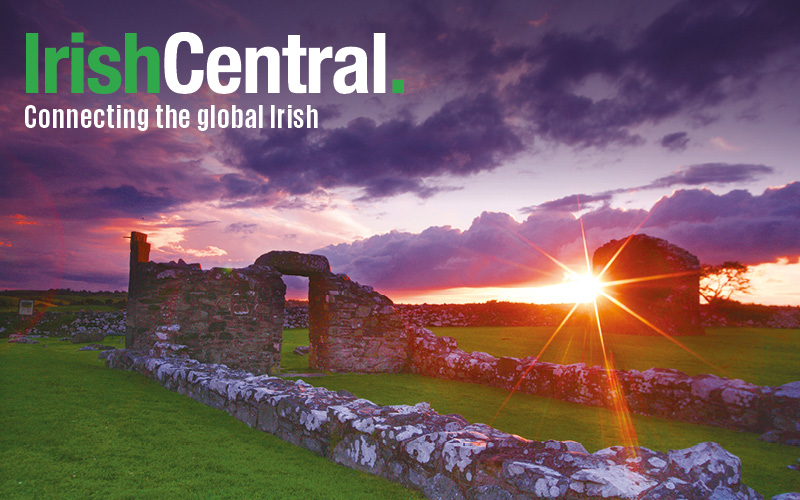The Saudi Arabian government has announced that it plans to open an Islamic school in Dublin.
The Saudi plans were revealed in Arabic on their Web site for the new Saudi embassy in Dublin. The Saudis hope to use the embassy to "further develop our political, trade and cultural relations with Ireland."
The decision was made at a meeting last month which was attended by members of the education committee Saudi Shura Council.
A report on the Web site said: "It was decided in the meeting to establish a Saudi school to teach the children of Saudi citizens and students residing in Ireland."
The Saudi ambassador, Abdulaziz Aldriss, said "Many Saudi students have found Ireland as a friendly destination to improve their English language skills and pursue their second and third-level education."
A spokesperson for The Department of Education said it was unaware of any Saudi plans to establish a Muslim school.
Saudi officials say the plans are at an early stage.
Ireland has a Muslim population of more than 40,000 people, but there are only about 400 Saudi students and 15 Saudi families in Ireland.
Speaking to the Irish Times, Ali Selim, a theologian based at the Islamic Centre in Clonskeagh, welcomed the news and said if the high school opened it would "achieve a long-cherished Muslim ambition" in Ireland.
There are already several Muslim primary schools in Ireland. If the Saudi plans are successful, it will be the first Muslim High School in Ireland.
The move was also welcomed by Irish Muslim convert Liam Egan and his family. Egan praised the Saudi's "strong commitment" to educating Muslims overseas and said that "an Islamic secondary (high school) is vital and should be a priority for the community."
However, overseas Saudi high schools have come under heavy criticism in recent times. Schools in London, Bonn and the US have come under fire for providing text books that could be interpreted as advocating violence against other religions.
The Islamic Saudi Academy in Virginia was forced to revise its curriculum after the US Commission on International Religious Freedom deemed their educational material as inflammatory.




Comments